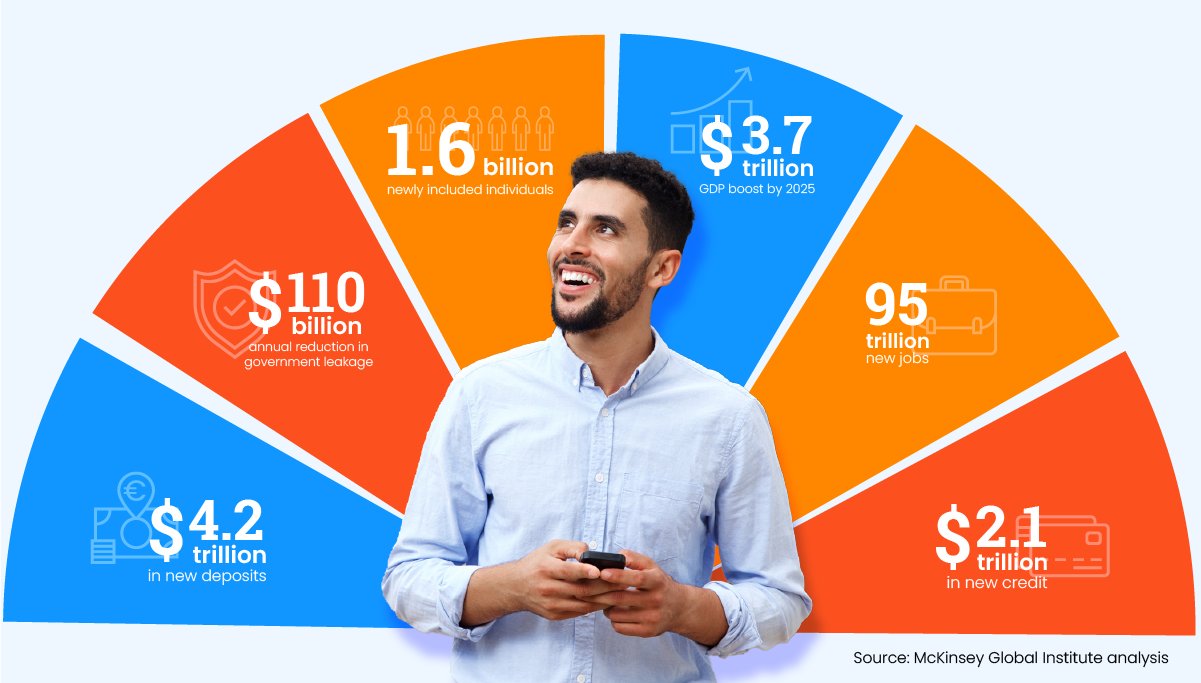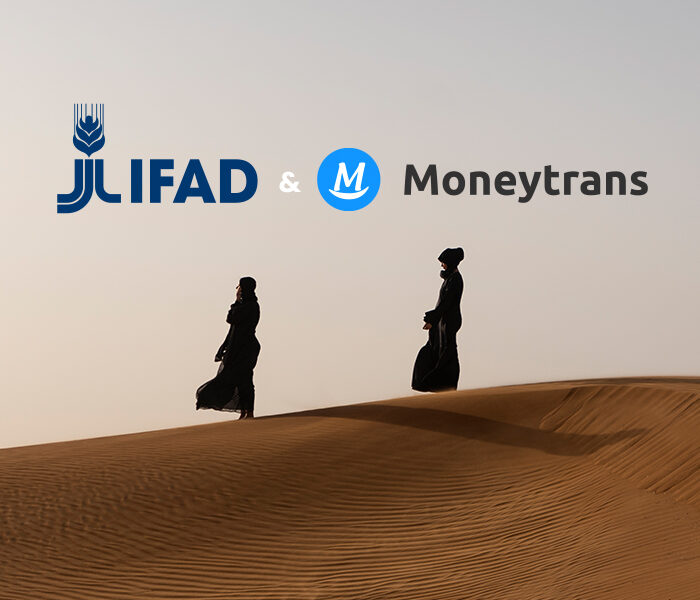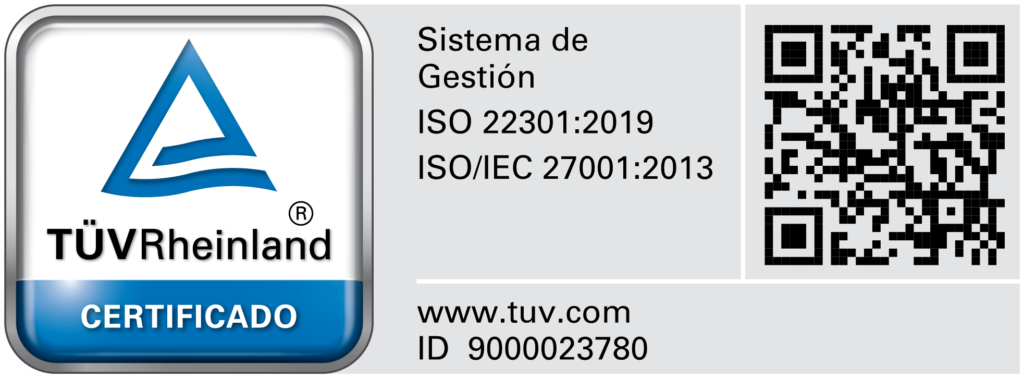Defining financial inclusion
Financial inclusion refers to efforts to make financial products and services accessible and affordable to all individuals and businesses, regardless of their personal net worth or company size. It is about removing barriers that exclude people from participating in the financial sector and using these services to improve their lives. Services such as bank accounts for saving & transactional purpose, insurance, savings and loans.
According to the World Bank’s last report on financial inclusion and development, despite efforts to create better financial services in the developing world, approximately 2 billion people still do not own a basic bank account.
So why are so many people unserved when it comes to financial inclusion? First, it is important to note that most of developing countries are lacking commitment and support from their government. Second, trust is a huge issue when it comes to data and it is related to a lack of education on this matter.
Digital finance in the developing world could have a great impact.
The importance of financial inclusion
Financial inclusion is necessary for the economic growth of low developed countries. The World Bank agrees that financial inclusion is a key enabler in reducing poverty and boosting prosperity.
The potential in those countries and in the informal sector is enormous. Currently the world’s poor population are unable to make savings which could improve their lives hugely. Savings help people build up financial resources that can be used to grow an enterprise or improve life in general. For instance, a farmer can save to acquire more livestock in the future so as to increase his produce and income. Savings also protect people from failure during uncertain times.
Therefore, poor financial inclusion has prevented the growth of businesses and enterprises by people from the informal sector.
It also encourages entrepreneurship by unableing the population to see the benefits of having access to financial services and making the best use of it. Moneytrans’ Smile Community project is a great example: by partnering with associations who encourage residents from foreign origins to open their businesses providing them with all the knowledge and tools they need.
As such, Moneytrans were the first to offer an all-in-one financial product to its community. Because it is not only about finance but also about providing support and guidance from the arrival of these individuals in a new country.
What is the future of financial inclusion?
Fintech companies have started to realise the potential of financial inclusion but it cannot be done without the governement support of the destination countries.
Thankfully some of them have gotten on board, allowing mobile financial service to thrive. For example, in Sub-Saharan Africa, mobile money account ownership rose from 12% to 21%.
Mobile money continues to grow in all regions, especially in West Africa. In low-income economies, there are twice as many mobile money accounts than bank accounts per 1,000 adults (IMF Financial Access Survey).
Finally we were pleased to read that the G20 committed to advance financial inclusion worldwide and reaffirmed its commitment to implement the G20 High-Level Principles for Digital Financial Inclusion.





